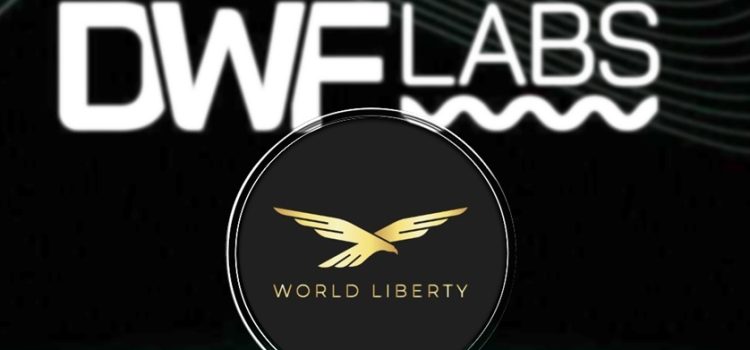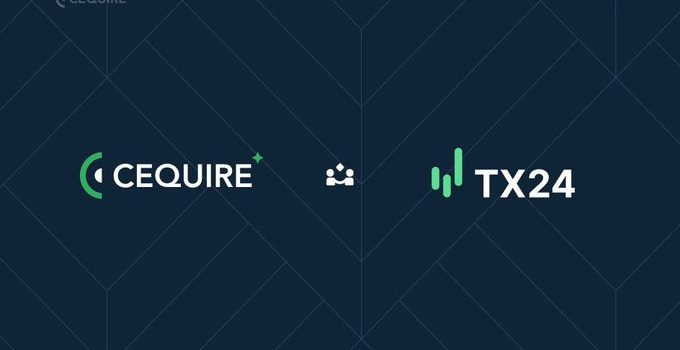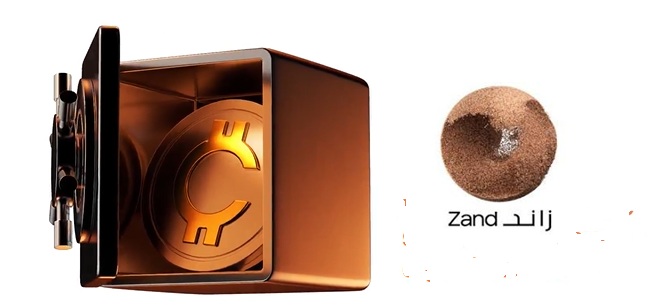The saga that has engrossed UAE based HAYVN, a digital asset focused financial institution, providing trading, asset Management, custody, and payments previously regulated in ADGM UAE, has ended after more than a year with fines of over $8 million.
The saga which started in December 2023, when Hayvn announced the so called resignation of its CEO Christopher Flinos and the request to make its status inactive in Abu Dhabi ADGM ( Abu Dhabi Global Market), insinuated that the CEO had carried out a huge misconduct, has come to a conclusion with the The Financial Services Regulatory Authority (“FSRA”) regulatory arm of ADGM taking enforcement action following an investigation into serious regulatory breaches and misconduct related to the Hayvn Group of Companies, which operated under the name ‘HAYVN’, its former CEO, Christopher Flinos and related entities.
In February 2024, Deus X Capital, a $1 billion family office agreed to buy out HAYVN and appointed Richard Crook as new CEO. Deus X Capital purchased the business brand, technology, clients and staff from other HAYVN shareholders.
Today, and as per ADGM FSRA press release, the FSRA’s investigation found serious breaches and misconduct concerning the operations of three related party companies and Christopher Flinos. As part of its investigation, the FSRA took steps to ensure that no ADGM client assets or money were lost as a result of the relevant misconduct.
The enforcement action has resulted in the cancellation of Hayvn ADGM’s Financial Services Permission (“FSP”), the prohibition of Christopher Flinos indefinitely from performing any function in a financial services business in ADGM, as well as financial penalties totalling $8.85 million being imposed across the four parties involved. Details of the total fines imposed are as follows:
- USD 3.6 million against AC Holding Limited registered in the Cayman Islands (“Hayvn Cayman”), the parent company of a group of entities operating under the name ‘HAYVN’ that provided financial services related to Virtual Assets.
- USD 3 million against AC Limited (Hayvn) (“Hayvn ADGM”), an ADGM-based subsidiary of Hayvn Cayman, licensed and regulated by the FSRA to conduct specific financial services activities in relation to Virtual Assets.
- USD 1.5 million against AC Holding Limited (“AC Holding”), a Special Purpose Vehicle (“SPV”) registered with the Registration Authority (“RA”) of ADGM and not licensed by the FSRA to carry out any form of financial services activity in ADGM; unconnected to Hayvn Cayman and Hayvn ADGM.
- USD 750,000 against Christopher Flinos, the former Senior Executive Officer (“SEO”) of Hayvn ADGM, Chief Executive Officer (“CEO”) of Hayvn Cayman, sole owner and director of AC Holding.
The misconduct and breaches were related to Hayvn ADGM exceeding the scope of its FSP by allowing client transactions to be routed through accounts held by AC Holding, the unregulated SPV entity registered in ADGM, without any appropriate protections being in place. It failed to establish and maintain adequate systems and controls to manage its operations and risks, as well as to recognize and record all of its client relationships, breaching the FSRA’s Anti-Money Laundering (“AML”) requirements.
The company Hayvn Cayman and AC Holding also carried out significant unlicensed financial services activity in relation to Virtual Assets in ADGM from around October 2018 to around May 2024.
Hayvn Cayman routed client transactions related to the conversion of Virtual Assets to fiat currency and vice versa through the accounts held and controlled by AC Holding, the SPV that was not licensed by the FSRA and therefore prohibited from conducting any form of financial services activity in ADGM.
As a result, both Hayvn Cayman and AC Holding were found to have carried out unlicensed payments and arranging services in relation to Virtual Asset activities in ADGM.
Christopher Flinos played a central role in directing and controlling the unlicensed activity in ADGM and as SEO of Hayvn ADGM and CEO of Hayvn Cayman and as the sole director of AC Holding was found to have been centrally involved in the breaches and misconduct.
The report notes that Christopher Flinos lacked integrity and failed to take reasonable care to ensure that Hayvn ADGM operated in compliance with the applicable rules and regulations of ADGM, for which he was ultimately responsible as SEO.
Hayvn Cayman, AC Holding and Christopher Flinos created and disseminated false and misleading information about the nature of the transactions related to Virtual Assets routed through AC Holding’s accounts. This included the provision of over 200 false and misleading documents on AC Holding letterheads to AC Holding’s banking partners to open and then maintain the operation of these accounts. These documents were produced under the direction of Christopher Flinos with the involvement of both Hayvn Cayman and AC Holding.
Hayvn ADGM, Hayvn Cayman and Christopher Flinos provided false and misleading information to the FSRA in response to requests for information including the nature and scope of the business operations associated with each entity above and specifically AC Holding undermining the integrity of the regulatory process.
Emmanuel Givanakis, CEO of the FSRA of ADGM, said, “The FSRA will take robust and appropriate enforcement action against individuals and entities that violate our regulatory framework. In this case, the actions of the entities and individuals involved were particularly serious, as they conducted unauthorised Virtual Asset activities through an unregulated entity based in ADGM. Furthermore, Christopher Flinos was found to have provided false and misleading information and statements during the investigation. Such misconduct will not be tolerated and warrants strong regulatory penalties which send a strong message of deterrence. ”
Givanakis added, “To address this serious misconduct, the licence of Hayvn ADGM has been cancelled, significant fines have been imposed on the entities involved, and Christopher Flinos has been prohibited from holding any functions in relation to financial services in ADGM. The FSRA remains ever-vigilant and committed to holding entities and individuals accountable for their actions and ensuring the integrity of the financial system in ADGM.”
The FSRA of ADGM acknowledges and thanks ADGM’s Registration Authority and the Cayman Islands Monetary Authority (“CIMA”) for their cooperation during its investigation in relation to this matter.


















